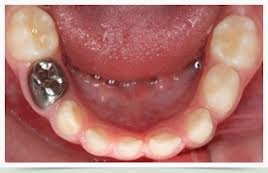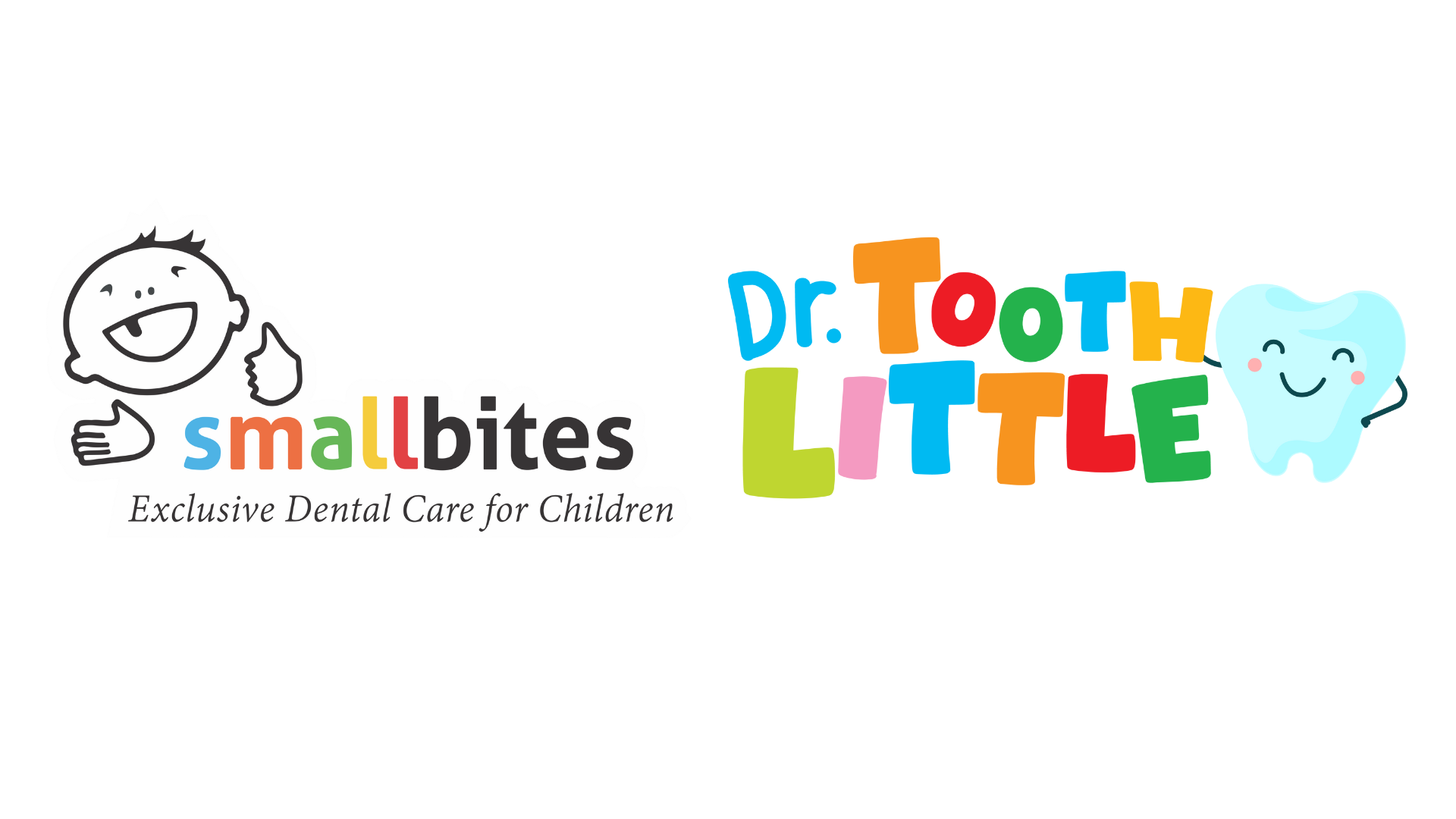What is a Dental crown?
A crown, sometimes also called a cap, is a restoration which covers the entire tooth. In enables the tooth to be used for normal biting and chewing. It also improves the appearance and strengthens and protects the tooth underneath.Most people are familiar with crowns for adult teeth. With advances in children’s dentistry people are becoming more aware of the importance of saving baby teeth until they fall out naturally.
New techniques and materials have led to crowns for baby teeth which have improved appearance and fit.
When do baby teeth require crowns?
- When teeth are severely decayed, worn or fractured and there is not enough tooth surface to adequately hold a filling.
- Teeth with severe developmental problems of the enamel and dentine may also require crowns.
- Teeth which have had the nerve removed due to severe decay and infection (see Root Canal Treatment for baby teeth – Pulpectomy) are more brittle and prone to fracture and usually also require a crown.
What are the Advantages of Crowns?
- Preserves tooth until it is ready to fall out naturally, maintaining space for adult tooth to come through into.
- Stronger and longer lasting than large fillings.
- Enables normal functioning of tooth for eating and speaking.
- Improves appearance and therefore self-esteem.
What types of crowns can be used for baby teeth?
Crowns for adult teeth are usually made in a dental laboratory after taking an impression mold of the prepared tooth. Crowns for baby teeth can be made in the same way, however, this procedure takes two visits and can be difficult for young children. Therefore, ready made, or pre-formed, crowns are often used.
Pre-formed metal crowns

Ready made metal crowns have been used, mostly for back molar teeth, with a high success rates for many years. They are relatively inexpensive and provide a good fit with minimal tooth preparation and adjustments. They are strong and will last many years, until the tooth is ready to fall out naturally.However, many people do not like the appearance of the metal. With advances in dental materials, tooth coloured crowns are becoming more popular.
Metal crowns
Metal crowns may be modified by replacing the front area with white filling material or by bonding a tooth-coloured facing to the area visible when smiling. The aim is to keep the strength of the metal but improve the appearance. Some metal usually still shows at the edges and on the back of the tooth. Tooth coloured facings sometimes de-bond and fall off.
Tooth coloured crowns
Strip Crowns:
Strip crowns, also called acid etch crowns, are often used for front teeth. They are made directly in the mouth from composite filling material using a celluloid crown former with the desired shape of the tooth. By choosing the right shade of filling material a very good colour match can be achieved. The durability of a strip crown depends on how much tooth is left and how well the tooth was prepared for the crown. Care must be taken as this type of crown is prone to being broken, loosened or dislodged if too much pressure is applied to the tooth.
Pre-formed tooth coloured crowns
Zirconia crowns give improved fit, tooth shade matching and durability.





